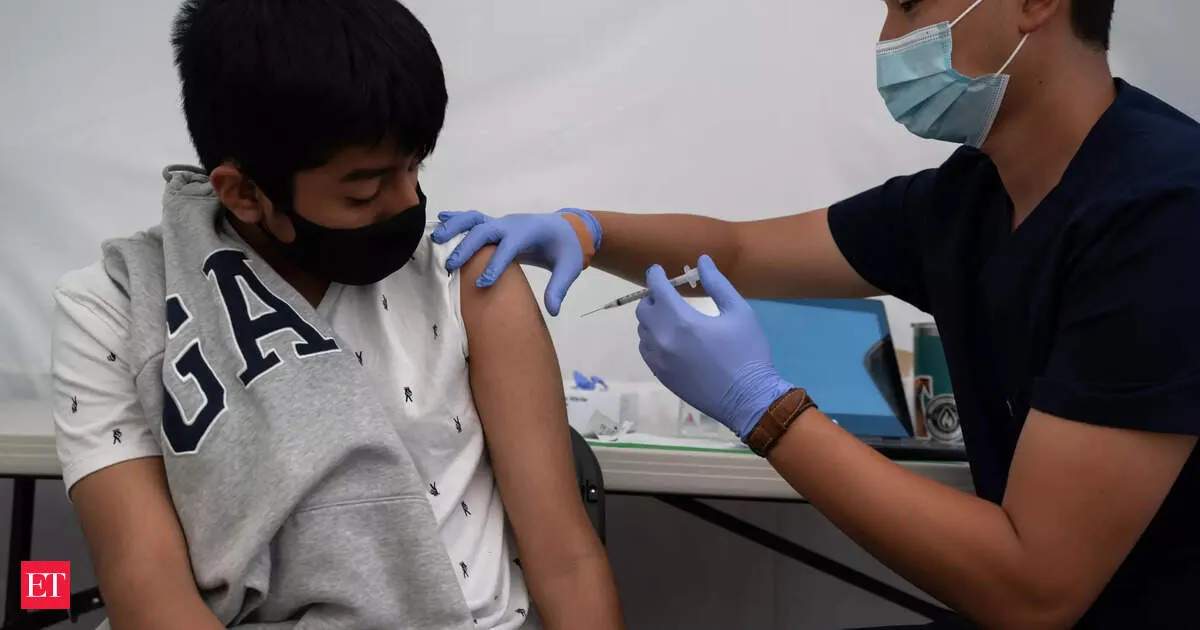
The FDA has recently issued significant warnings concerning potential cardiac risks linked to the Pfizer and Moderna COVID-19 vaccines. These risks, notably myocarditis and pericarditis, have been found to be particularly pronounced in young men. As a result, the FDA has updated the vaccine labels to provide clearer information regarding these concerns. Despite these warnings, the FDA continues to endorse the vaccines while monitoring their safety closely and conducting ongoing studies to assess long-term heart effects.
The recent warnings were first communicated through letters sent to both Pfizer and Moderna in April. These letters contained additional insights into the potential risks of myocarditis and pericarditis, as highlighted in a report by Cardiovascular Business. Both conditions have the potential to cause long-term heart damage, raising significant public health concerns.
The FDA's update specifically addresses the risks associated with Pfizer's Comirnaty vaccine and Moderna's Spikevax vaccine. While both companies had included warnings about myocarditis and pericarditis in their labels since 2021, the FDA has mandated more explicit language that highlights the increased risks for young men. According to Cardiovascular Business, this updated information aims to better inform those who may be affected by these rare side effects.
The updated labeling for both vaccines now includes critical data regarding the incidence of myocarditis and pericarditis. Based on analyses of health insurance claims data, the estimated unadjusted incidence of these conditions in individuals aged 6 months to 64 years is approximately 8 cases per million doses within 1 to 7 days following administration of the 2023-2024 mRNA COVID-19 vaccines. For males aged 12 to 24 years, the incidence rises to about 27 cases per million doses.
Additionally, the labels will now feature follow-up information on cardiovascular outcomes for hospitalized patients diagnosed with COVID-19 vaccine-associated myocarditis. A longitudinal retrospective observational study indicates that most of these patients had received a two-dose primary series of an mRNA COVID-19 vaccine prior to diagnosis. Notably, at a median follow-up of around 5 months post-vaccination, persistent abnormal findings in cardiac magnetic resonance imaging (CMR)—a marker for myocardial injury—were common. However, the clinical significance of these findings remains uncertain.
The FDA has emphasized its commitment to continuously tracking the safety of COVID-19 vaccines. According to the agency, “Continuous monitoring and assessment of the safety of all vaccines, including the mRNA COVID-19 vaccines, is an FDA priority.” Furthermore, both Pfizer and Moderna are required to conduct studies to evaluate long-term heart effects in individuals who have experienced myocarditis following vaccination, and these studies are currently underway.
Why is the FDA updating warnings now?
The FDA seeks to provide clearer information regarding rare heart-related risks associated with COVID-19 mRNA vaccines, particularly for young men.
Are Moderna and Pfizer vaccines still considered safe?
Yes, the FDA continues to support the use of these vaccines, with the current warnings focusing on rare side effects rather than overall vaccine safety.
For more updates on vaccine safety and related news, consider subscribing to our Economic Times WhatsApp channel for the latest information in US, UK, and international news.